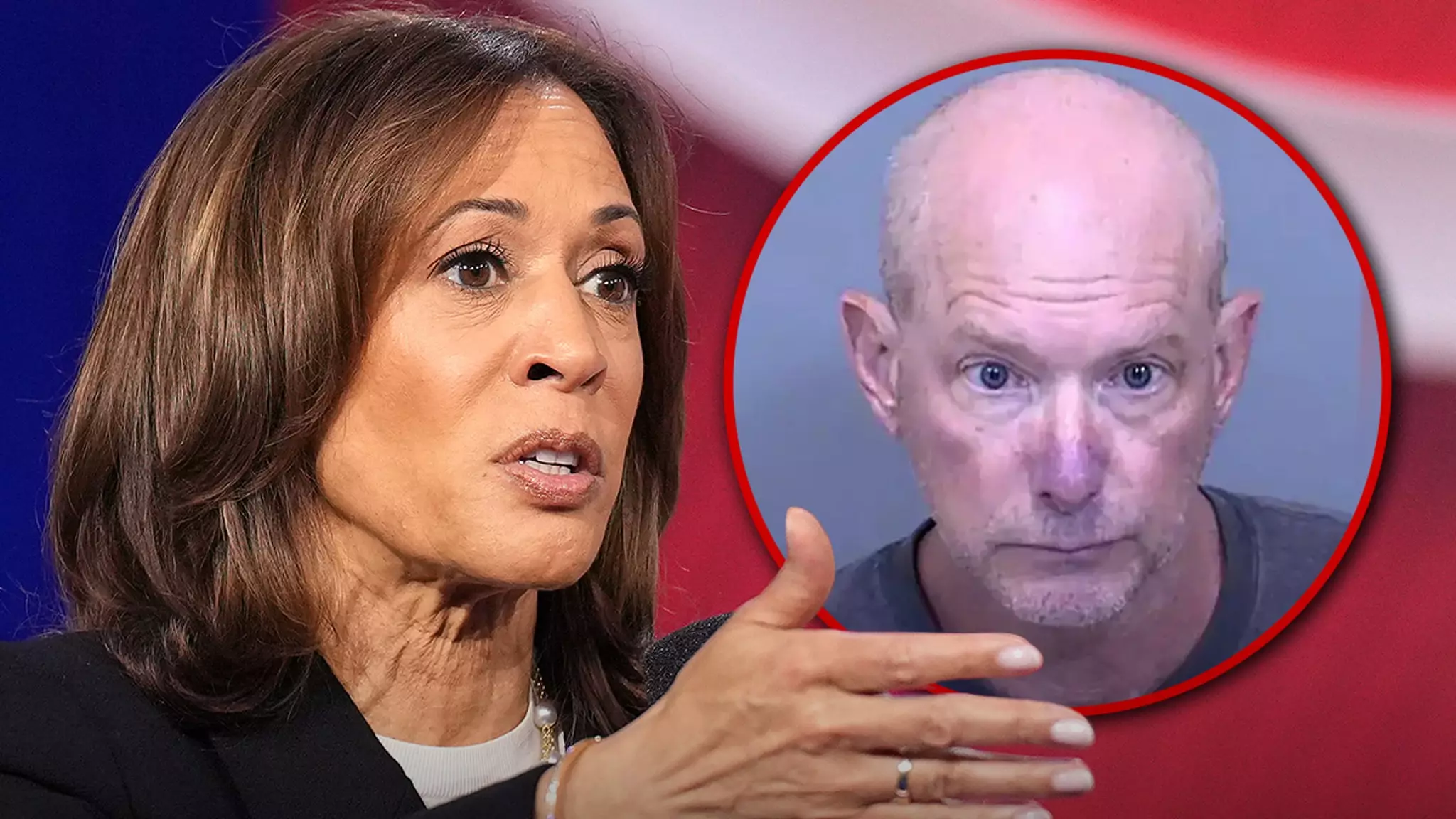In an unsettling turn of events, Jeffrey Michael Kelly stands accused of attempting to inflict harm on a campaign office associated with Vice President Kamala Harris in Arizona. According to prosecutor Neha Bhatia, this case escalates beyond mere political discontent; it blows the whistle on potential mass violence. The implications of such allegations are profound, raising urgent questions about political safety and the unsettling intersection of activism and violence in a divided society.
The apprehension of Kelly led to the shocking discovery of an arsenal within his residence. Prosecutor Bhatia indicated that federal agents confiscated over 120 firearms and an astonishing 250,000 rounds of ammunition from Kelly’s home. This staggering inventory did not stop there; additional items such as scopes, body armor, silencers, and even a machine gun in Kelly’s vehicle were recovered. Such findings suggest a meticulous premeditation that extends beyond spontaneous actions, alluding to a disturbing intent to orchestrate a larger catastrophe. Bhatia’s claims outline a scenario where Kelly’s actions could have escalated into a tragedy of massive proportions.
The situation spirals further into alarming territory with reports that Kelly hung bags of white powder from political signs lined with razor blades in the Ahwatukee neighborhood. Such actions not only demonstrate a clear pattern of intimidation but also a willingness to incite fear among those who occupy political spaces. The chilling nature of these actions raises critical inquiries regarding mental health and motivations behind political violence as a form of expression in today’s America.
The timeline indicates Kelly’s aggressive behavior spanned several weeks. With documented incidents of him targeting the campaign office with BB pellets and subsequently gunshots occurring on distinct dates in September and October, it is evident that Kelly was engaged in a prolonged and escalating campaign of intimidation. Fortunately, the absence of individuals in the office during these episodes prevented a tragic outcome; however, the frequency of these attacks has undeniably heightened security concerns for political staffers in the region.
Kelly’s prior legal entanglements, including a 2022 arrest for allegedly stealing campaign signage, lay the groundwork for escalating this matter into serious felonies. Charged with terrorism, unlawful discharge of a firearm, and other offenses, the legal repercussions he faces reflect the gravity of his alleged actions. Moreover, the bail set at $500,000, with the stipulation of house arrest should he secure the funds, poses additional scrutiny on the legal system’s handling of potential political violence perpetrators.
The case of Jeffrey Michael Kelly serves as a stark reminder of the increasing tensions surrounding political discourse in the United States. As authorities navigate the complexities of this case, it calls upon the public to confront the underlying issues relating to mental health, gun safety, and the pervasive culture of political animosity. As political environments continue to polarize, the repercussions of such incidents may compel society to reevaluate not only its role in mitigating violence but also to ensure safe spaces for democratic engagement.

